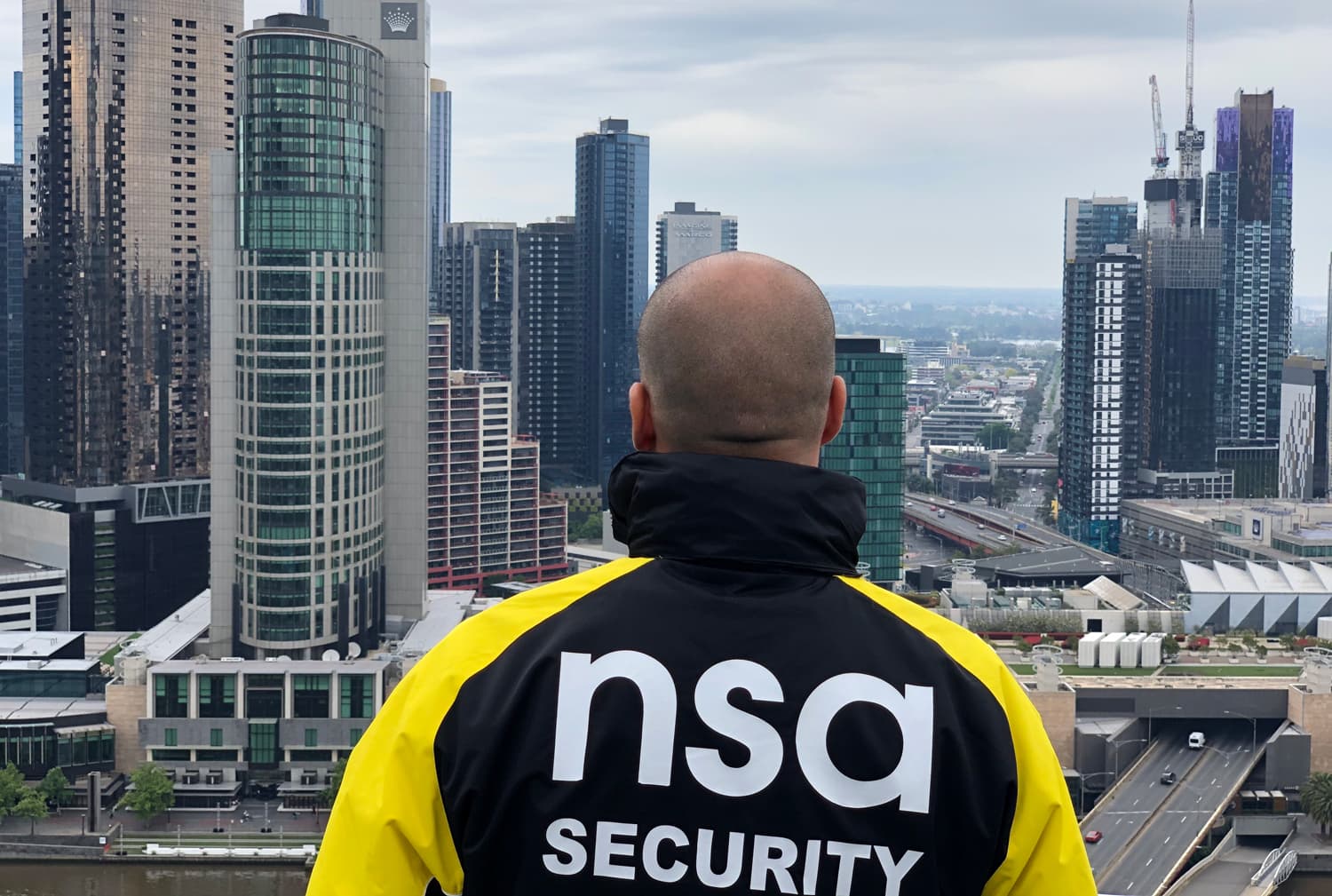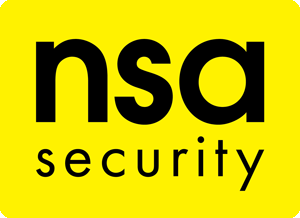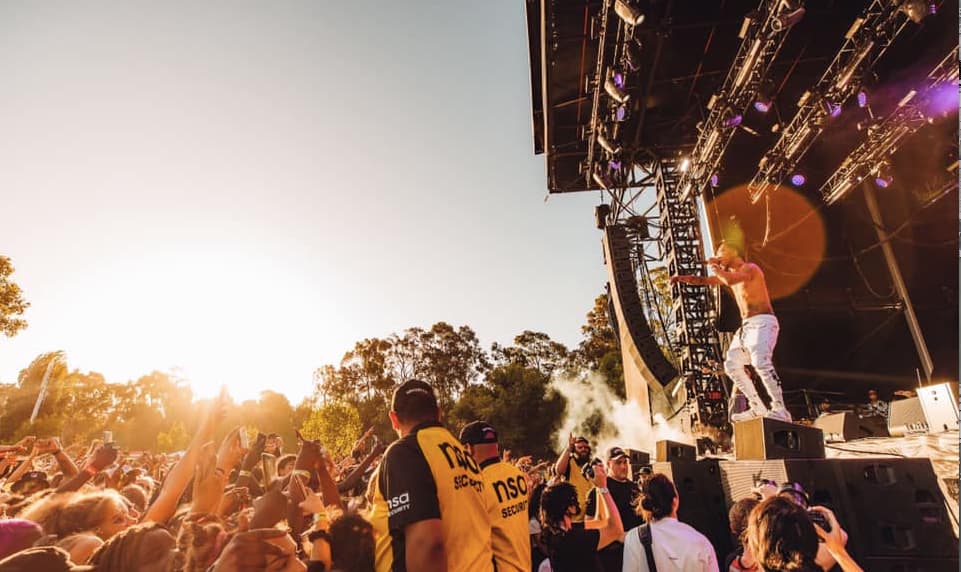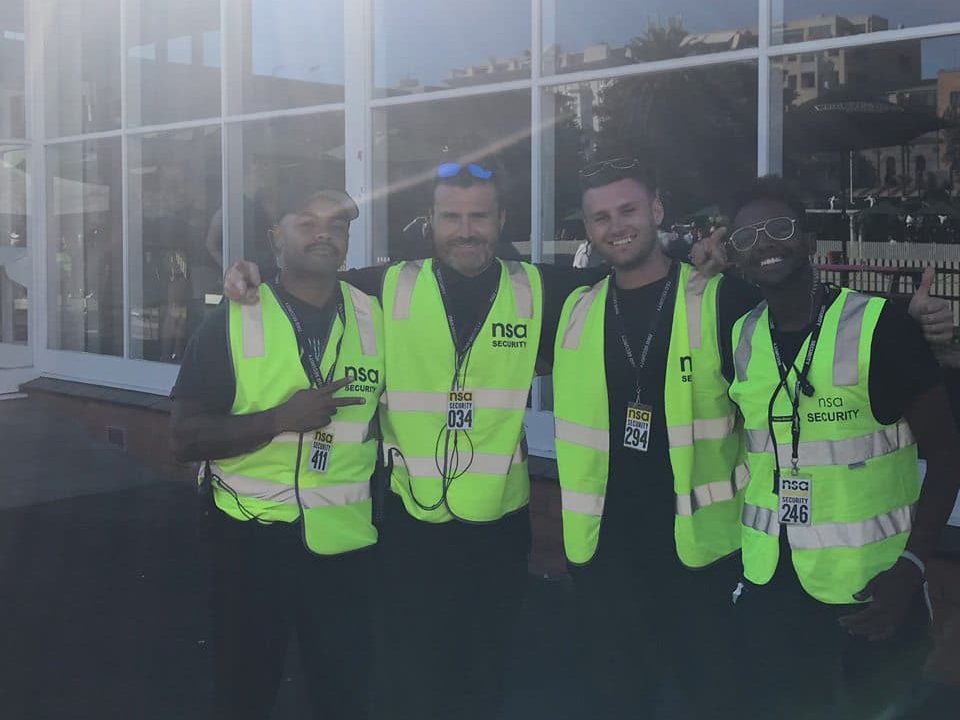
Being an event manager or organiser can be difficult when you have several tasks on your checklist. As a result, essentials like security measures often take a backseat. Top-grade event security guards can lessen your load and help you set up a venue made for attendee safety. Hiring their services is not enough, though.
But these tips should support them to achieve your ultimate goal of ensuring a safe and successful event from beginning to end.
1. Conduct a Venue Inspection
Event security starts even before the big day. Often, it begins with the review of your venue layout together with your security management team. During this phase, they need to identify the entrances, emergency exits, stages, bars, perimeter fencing, and any potential security issues. At NSA Security, we call it risk management.
The purpose of this step is to make decision-making quick and efficient. An event planner like you will know the number of guards or security solutions needed through preliminary risk assessment.
On the other hand, the security team can make sound recommendations and contingency plans based on your site and event details. A detailed event venue audit will give both of you the information required to stay on top of things.
2. Provide a Staff List
One of the keys to ensuring a safe event is to keep unauthorised people out. So, make sure to arm your security team and front entry staff with a staff list. Help them become familiar with who should be in the venue, so they can easily spot those trying to sneak in.
It will also be best to inform your attendees about the pre-screening protocols to avoid confusion at the actual event. For example, ask them to bring visual proof of accreditation or have their companions included in the official list way ahead of time.
Also, inform your security guards if your event requires third-party vendors or external suppliers like caterers and bar staff, lighting and sound personnel, and so on. Then make it easy for these service providers to access the venue through official accreditation.
3. Work Closely with Local Authorities
When hosting a large-scale event, it is ideal to have other support groups to help you ensure it’s success and security. And so, if applicable, involve relevant local agencies, like law enforcement, fire department and public transport, in your planning process.
Make sure to do this with your contracted security as well. This way, the team will know how and when to contact local officials when the need arises.
Do you need temperature screening or patron capacity monitoring for your event? The NSA Security’s COVID Safe Marshals can also help you enforce local government pandemic measures for the safety of guests.
4. Have Surveillance and Medical Support
Aside from enlisting local authority assistance, there are other ways how to reinforce your event security staff. One of which is to set up real-time surveillance. The installation of CCTV cameras can help your guards with monitoring and emergency prevention.
Large-scale events will also benefit from having an experienced medical team on-site. Accidents, emergencies and health issues like food poisoning, allergies or heat stroke can happen at any time. During event disruptions, injured guests may also need immediate attention. Your medical team can then work together with your security guards to swiftly address such concerns.
For smaller corporate events, medical personnel may no longer be necessary. However, it will be best to hire at least one security guard who specialises in administering first aid procedures like CPR. Also, your security team should know the clinics or hospitals nearest to the venue.
5. Establish Backup Plans
Despite your detailed planning and thorough preparations, unexpected problems can still occur. Things can go wrong even when they seem to be going smoothly. So, until the final guest leaves, do not let your guard down. Better yet, collaborate with your event security team in designing contingency plans. After all, it is better to over-prepare and have a solution for all types of hazards.
Your emergency plan should cover multiple situations. These are dependent on your event requirements, though. But, in general, they should include ways to evacuate a crowd, lock down the venue and communicate with the staff during an emergency.
You and your team should also talk about worst-case scenarios, bomb threats or possible armed intruders.
6. Keep Communication Lines Open
Finally, the success of your event and its security is a team effort. Your security guards are only a part of all the people working to make an event happen. And outcomes will be better if everyone knows what the safety protocols are and what to do in case of an emergency. So, days before the event, see to it that security and non-security personnel get to sit together for a team briefing.
Have your contracted event security staff discuss crucial safety procedures. During the meeting, assign a point person from the security and event team for a faster and accurate exchange of information. It will also be a good idea to orient event staff about possible signs of trouble.
Instruct them to report people who constantly check on CCTV cameras, watch security personnel or take notes of the venue layout. Your event security people may be skilled and vigilant, but having extra pairs of eyes to look after the guests is just as vital.
Conclusion
You may need to tweak these tips to match your event size and type. After all, there is no one-size-fits-all approach for event security. Your security measures for a business conference in a hotel, for instance, will be different from a musical festival at a park. So, be flexible and, of course, recruit the right security service company to assist you.
Our experienced security team at NSA are capable of handling all sorts of social gatherings. Contact us, so we can help make your event, music festival or product launch a roaring success!





